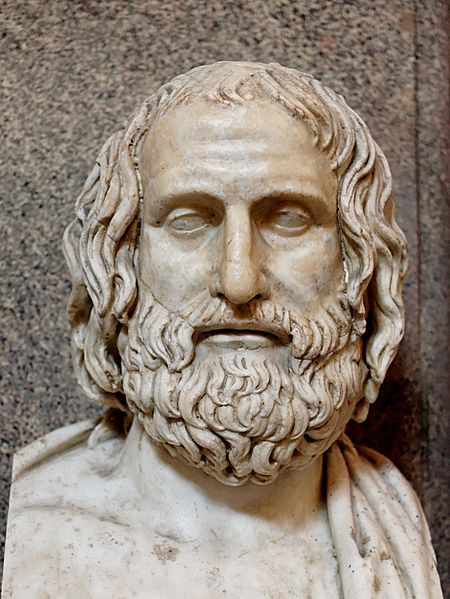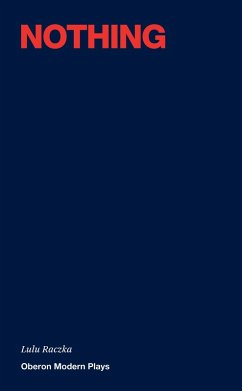
The Trojan Women (eBook, ePUB)

PAYBACK Punkte
5 °P sammeln!
A modern-day version of Euripides' anti-war play, The Trojan Women has been rewritten and is set in a mother-and-baby unit of a prison. The war is over. Beyond the prison walls, Troy and its people burn. Inside the prison, the city's captive women await their fate. Stalking the antiseptic confines of its mother and baby unit is Hecuba, the fallen Trojan queen, whilst the pregnant Chorus is shackled to her bed. But their grief at what has been before will soon be drowned out by the horror of what is to come, as the Greek lust for vengeance consumes everything - man, woman and baby - in its path...
A modern-day version of Euripides' anti-war play, The Trojan Women has been rewritten and is set in a mother-and-baby unit of a prison. The war is over. Beyond the prison walls, Troy and its people burn. Inside the prison, the city's captive women await their fate. Stalking the antiseptic confines of its mother and baby unit is Hecuba, the fallen Trojan queen, whilst the pregnant Chorus is shackled to her bed. But their grief at what has been before will soon be drowned out by the horror of what is to come, as the Greek lust for vengeance consumes everything - man, woman and baby - in its path. This caustic and radical new version of Euripides' classic tragedy comes from one of the UK's most exciting young poets, Caroline Bird. It is an intense, gripping look at what happens when the world collapses.














